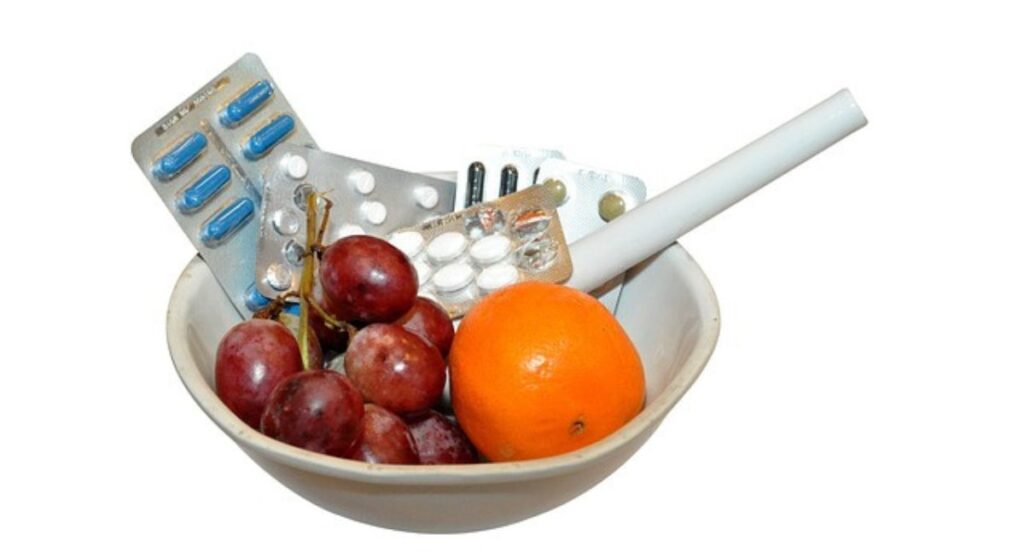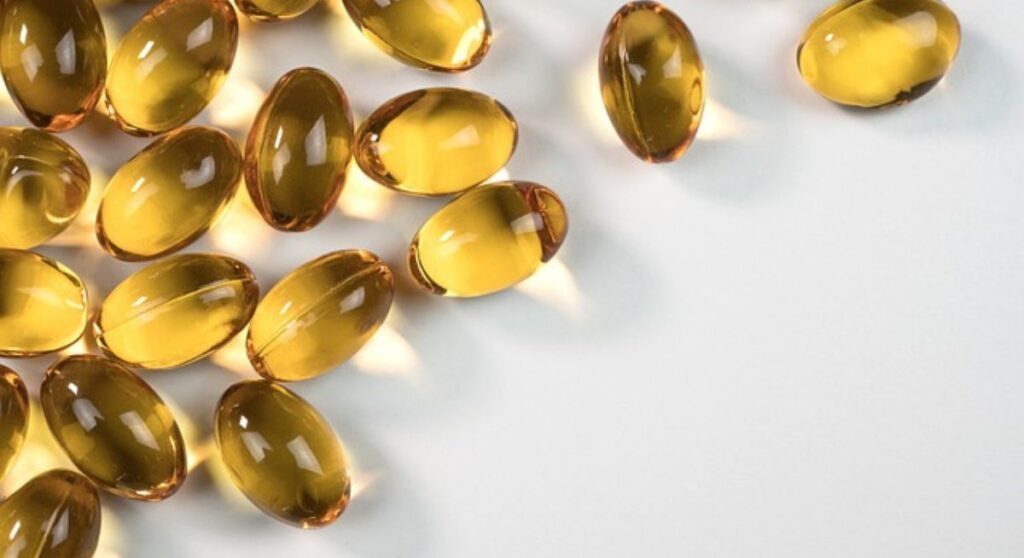Introduction:-
15 Pet-Friendly Supplements Rich in Minerals

Ensuring your pet receives adequate minerals is crucial for their overall health. Minerals support various functions like bone health, muscle activity, and enzyme production. Below, we’ve compiled a list of 15 pet-friendly supplements rich in essential minerals to keep your furry friends happy and healthy.
15 Pet-Friendly Supplements Rich in Minerals
1. Calcium Carbonate
Calcium is vital for strong bones and teeth in pets. Calcium carbonate supplements are commonly used to support skeletal health, especially in growing puppies or lactating pets.
2. Zinc Picolinate
Zinc supports immune function, skin health, and wound healing. This supplement is especially helpful for pets with skin issues or hair loss.
3. Magnesium Citrate
Magnesium promotes nerve and muscle function. It’s an excellent supplement for pets prone to muscle cramps or hyperactivity.
4. Sodium Chloride (Electrolyte Support)
Sodium chloride helps maintain hydration and electrolyte balance, especially for pets that exercise frequently or live in hot climates.
5. Iron Supplements (Ferrous Sulfate)
Iron is essential for producing red blood cells and preventing anemia. It’s especially important for pets with low energy or pale gums.

6. Potassium Gluconate
Potassium supports muscle function and heart health. It’s commonly used in older pets with kidney issues or heart problems.
7. Phosphorus Tablets
Phosphorus works with calcium to maintain bone strength. This supplement is helpful for pets with phosphorus deficiencies caused by certain medical conditions.
8. Copper Glycinate
Copper aids in iron absorption and supports the formation of healthy connective tissue. It’s beneficial for pets with coat and pigmentation issues.
9. Manganese Chelate
Manganese is essential for enzyme function and bone development. This supplement is often included in joint health products for pets.
10. Selenium Yeast
Selenium supports antioxidant activity, helping to protect cells from damage. It also promotes immune health and thyroid function.
11. Iodine (Potassium Iodide)
Iodine is critical for thyroid health. It’s especially useful for pets with thyroid imbalances.
12. Silica (Diatomaceous Earth)
Silica supports joint health, skin elasticity, and fur texture. Diatomaceous earth is a natural source of silica and is safe for pets in controlled amounts.
13. Choline Bitartrate
Choline promotes healthy liver function and supports the nervous system. It’s particularly helpful for pets with cognitive decline or liver issues.
14. Trace Mineral Complex
A trace mineral complex provides a combination of minerals like boron, chromium, and vanadium, which support overall metabolic health in pets.
15. Bone Meal Powder
Bone meal is a natural source of calcium and phosphorus. It’s ideal for pets on a homemade diet needing extra mineral supplementation.
How to Choose the Right Mineral Supplement for Your Pet
Selecting the right mineral supplement for your pet is crucial for their health and well-being. The wrong supplement or incorrect dosage can lead to health complications, while the right one can improve their overall quality of life. Here’s a step-by-step guide to ensure you’re making the best choice for your furry companion.

1. Consult Your Veterinarian
Before introducing any supplement to your pet’s diet:
- Discuss Health Needs: Your vet can identify specific deficiencies or health issues your pet might have.
- Assess Pre-existing Conditions: Some supplements may interact with medications or exacerbate health problems.
- Consider Breed and Age: Different breeds and life stages have varying nutritional requirements.
2. Understand Your Pet’s Diet
Evaluate your pet’s current diet to determine if they are already receiving sufficient minerals.
- Commercial Diets: Most high-quality commercial pet foods meet basic nutritional needs, reducing the need for supplementation.
- Homemade Diets: Pets on homemade diets often require additional supplements to balance nutrient gaps.
3. Choose Pet-Specific Supplements
Avoid using human supplements for pets, as they may contain ingredients harmful to animals.
- Check Labels: Look for products formulated specifically for cats or dogs.
- Verify Certifications: Opt for brands that follow industry standards, such as NASC (National Animal Supplement Council).
4. Consider the Form of the Supplement
Mineral supplements are available in various forms, including:
- Powders: Easy to mix with food, ideal for picky eaters.
- Tablets or Capsules: Suitable for pets comfortable with pill administration.
- Liquid Drops: Convenient for precise dosing, especially for small pets.
5. Review Ingredients and Additives
Ensure the supplement is free from harmful fillers, artificial flavors, or preservatives.
- Natural Sources: Look for supplements derived from natural sources, such as bone meal or kelp.
- Single vs. Multi-Mineral: For specific deficiencies, a single-mineral supplement might be better than a multi-mineral complex.
6. Start with Low Doses
Introduce supplements gradually to avoid overwhelming your pet’s system.
- Monitor for Reactions: Watch for signs of allergies, vomiting, or diarrhea.
- Adjust Dosages as Needed: Follow your vet’s recommendations or the product’s guidelines.
7. Research the Brand
Select reputable brands that prioritize safety and quality.
- Read Reviews: Check testimonials and reviews from other pet owners.
- Verify Testing: Ensure the product has undergone third-party testing for purity and potency.
8. Keep an Eye on Results
Track your pet’s health and behavior after introducing a supplement.
- Positive Changes: Improved energy, shinier coat, or better appetite.
- Negative Changes: Any adverse reactions should prompt an immediate consultation with your vet.
Choosing the right mineral supplement for your pet involves understanding their dietary needs, consulting with a veterinarian, and selecting safe, high-quality products. By following these steps, you can ensure your pet gets the nutrition they need to live a healthy and happy life.
Conclusion
Providing your pets with the right minerals through supplements ensures their overall well-being. The options listed above are safe and effective when used correctly. Remember, a balanced diet and regular veterinary checkups are key to keeping your furry companions healthy and thriving.
References
- American Veterinary Medical Association (AVMA). (2024). Supplements and Nutritional Needs for Pets. Retrieved from avma.org
- PetMD. (2024). How to Choose the Right Supplements for Your Dog or Cat. Retrieved from petmd.com
- National Animal Supplement Council (NASC). (2024). Guide to Safe Supplements for Pets. Retrieved from nasc.cc
- American Kennel Club (AKC). (2024). What You Need to Know About Supplements for Dogs. Retrieved from akc.org
- Veterinary Partner. (2024). Nutritional Deficiencies and Supplementation in Pets. Retrieved from veterinarypartner.com
- The Spruce Pets. (2024). Understanding Pet Nutrition and Supplements. Retrieved from thesprucepets.com
- PetMD. (2024). Essential Nutrients for Pets. Retrieved from petmd.com
- American Kennel Club. (2024). Vitamins and Supplements for Dogs. Retrieved from akc.org
- Veterinary Nutrition Group. (2024). Mineral Deficiencies in Pets. Retrieved from vetnutritiongroup.com
- Read more

